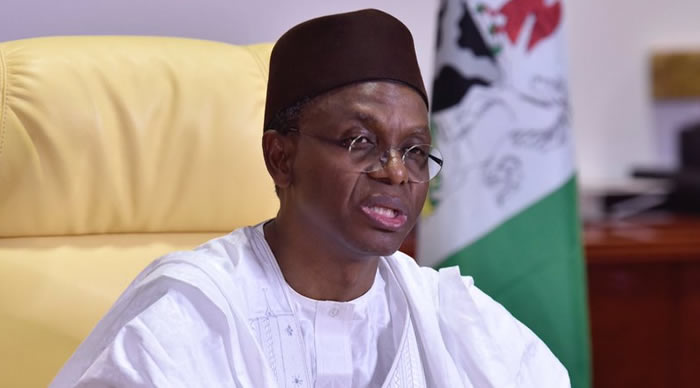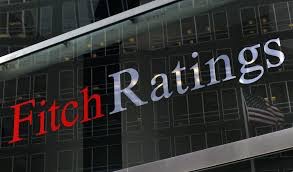11/4/2018/Fitch Ratings
Sub-Saharan African (SSA) sovereign debt levels are stabilising following their recent sharp increase, but growing use of the international capital markets may increase refinancing risk as the amount of international debt coming due rises, Fitch Ratings says. Maturities appear manageable in the near term, but public financial management (PFM) in the region is often weak, meaning that capacity to manage refinancing risk is an important factor in our SSA sovereign credit assessments.
We expect median SSA general government debt to be broadly stable this year at 52.6% of GDP, following a rise of over 20pp in the preceding six years. This reflects improved commodity prices and fiscal consolidation in some countries, including those with IMF programmes. (The total agreed amount of the IMF’s outstanding arrangements with SSA countries rose nearly fivefold between end-2014 and end-2017, largely in response to the commodity price shock.)
But SSA sovereigns are also making greater use of international debt market financing. This continued in 1Q18, with issues from Kenya (USD2 billion), Cote d’Ivoire (EUR1.7 billion) and Nigeria (USD2.5 billion). Ghana’s parliament last month approved plans for a eurobond issue.
Tapping international capital markets can be an important financing option where liquidity in local funding markets is low. Long-dated international issuance can extend repayment schedules (Kenya and Cote d’Ivoire’s 1Q18 deals both featured 30-year tranches). Market access that allows for opportunistic international debt issuance is therefore beneficial for SSA sovereigns.
However, the rise in debt since 2011, growing use of commercial funding, and in some cases currency depreciation have increased debt servicing costs in some countries. Seven of the 18 Fitch-rated SSA sovereigns had general government interest payments/revenues above 15% last year, the highest since at least 2000.
Borrowing in foreign currency in international markets also exposes sovereigns to FX refinancing risk and a potentially higher debt service/GDP burden in the event of local currency depreciation. Thus although it can appear cheaper if domestic interest rates are high, as in Nigeria, which used the proceeds of its February issue to refinance more expensive naira-denominated debt, it generally involves a net increase in risk, in Fitch’s view.
Weak PFM could increase the challenge of transitioning from concessional to commercial funding, and of managing the associated risks, such as exposure to tighter global monetary policy and the capacity to navigate interest rate and currency risks.
It may also make eurobond repayments and rollovers challenging if market conditions were to deteriorate. World Bank data shows that Fitch-rated SSA sovereigns excluding South Africa will need to repay international public and publicly guaranteed bonds totalling USD6.5 billion in 2019-2023, up from USD1.4 billion in 2014-2018.
PFM in the region has seen some improvement, and IMF programmes often include efforts to strengthen it. In Cote d’Ivoire, for example, we think that improved PFM under the country’s 2016-2019 programme has helped reinforce the sovereign’s financing flexibility.
But PFM weaknesses in the region are still apparent, for example in the tendency to accumulate arrears and the use of state-owned enterprises for quasi-fiscal operations. In some cases, such as the Republic of Congo (CC) and Mozambique (RD), PFM deficiencies have resulted in a lack of transparency in the public finances and contributed to recent defaults.
SSA eurobond maturities are spread out over the next decade, but weak PFM still means there are risks associated with them. Weak PFM also means that upward pressure on government debt will persist, as it limits the capacity to implement consolidation plans and to contain spending and mobilise domestic revenue sources more fully.













